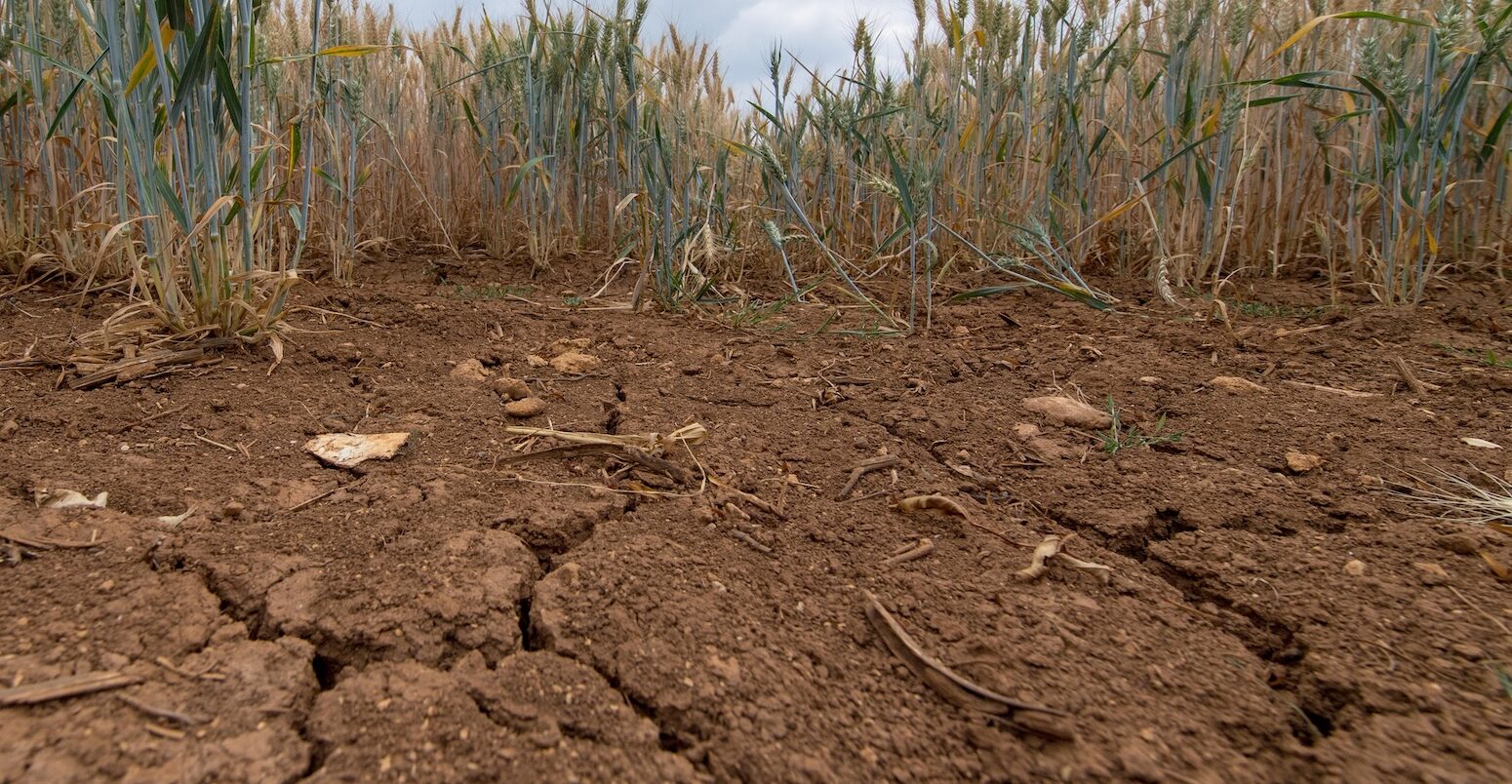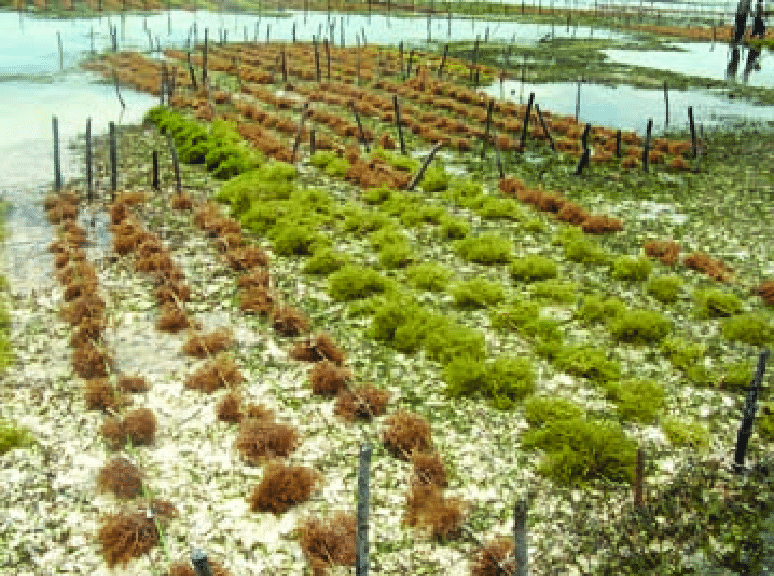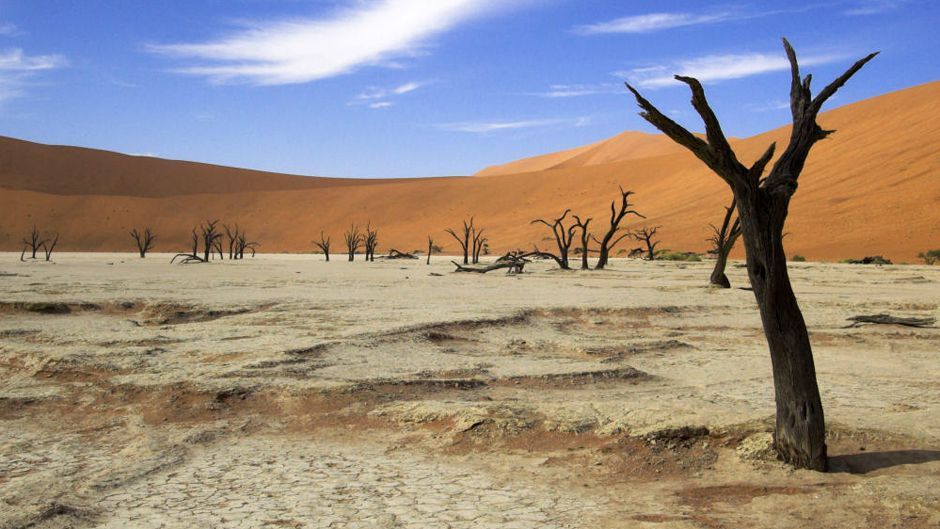Countries affected by violent conflict and state fragility receive extremely low climate change funding, thus leaving behind populations considered most vulnerable to climate change. How can this paradox be addressed and what role can the UN play?
Wednesday 29 May 2024, 10.00-16.00
DIIS ∙ Danish Institute for International Studies
Gl. Kalkbrænderi Vej 51A
2100 Copenhagen
Areas of the world affected by violent conflict and state fragility are among the most vulnerable to climate change yet receive an extremely low share of global climate financing. This is despite the fact that most United Nations (UN) Member States now recognise the interlinkages between climate change and violent conflict.
The UN New Agenda for Peace (NA4P) highlights the ‘climate, peace and security’ agenda as a crucial policy area that has also been taken up in the UN Security Council. Although climate change does not in and of itself cause violent conflict, it creates additional risks to peacebuilding and security, especially in already fragile and conflict-affected contexts. Reversely, violent conflicts exacerbate existing vulnerabilities to climate change, reducing people’s ability to cope with the effects of climate change and harming assets that facilitate adaptation. Evidence also shows that violent conflicts cause environmental damages, threatening sustainable land use and fragile ecosystems, which can exacerbate vulnerability to climate change in the long term.
To scale-up climate change support to violent conflict-affected areas necessitates a substantial rethinking of global climate financing models and operational mechanisms. At this one-day DIIS seminar researchers, UN experts, and civil society organisations will discuss the current challenges to and possibilities for advancing climate change support to fragile and violent conflict-affected contexts. We will address the gaps in current global financing set-ups and discuss the role that UN bodies, including the UN Security Council, can play in advancing the climate, peace, and security agenda. Special attention will be paid to how support can be better channelled through local organisations and non-state actors in alignment with recent recommendations from UN bodies and Member States. The afternoon session will zoom in on ongoing climate initiatives in Myanmar and Somalia, two of the most climate vulnerable and conflict-affected countries in the world.
Paul Sein Twa, Co-founder and Director, Karen Environmental Social Action Network (KESAN)
Florian Krampe, Programme Director, Climate Change and Risk Programme, SIPRI
Thor Olav Iversen, Senior Researcher, Climate-related Peace and Security Risks, NUPI
Harriet Mackaill Hill, Climate and Peace Advocacy Advisor, International Alert
Catherine Wong, Policy Specialist – Climate and Security Risk, UNDP
Christophe Hodder, UN Climate Security and Environmental advisor to Somalia (online)
Louise Wiuff Moe, Associate Professor, Roskilde University
Justine Chambers, Postdoctoral Researcher, MyCClimate, DIIS
Helene Maria Kyed, Senior Researcher, MyCClimate, DIIS
Programme
10.00-10.15 Welcome and introduction, Helene Maria Kyed
10.15-11.15 Panel: Climate finance to conflict-affected areas – challenges and possibilities
11.15-12.00 Q&A moderated by Justine Chambers
12.00-13.00 Lunch
13.00-14.00 Panel: Myanmar – localisation and the role of indigenous people
14.00-14.10 Coffee break
14.10-15.10 Panel: Somalia – integrating climate, security and peacebuilding
15.10-16.00 Q&A moderated by Helene Maria Kyed
Practical information
The seminar will be held in English. Participation is free of charge but registration is required via our registration form. You have the opportunity to participate all day or either in the morning or afternoon session.
Livestreaming on this page does not require registration. The livestreaming will appear with a link on the page just before the seminar starts. You will be able to watch the seminar recording afterwards as well.




